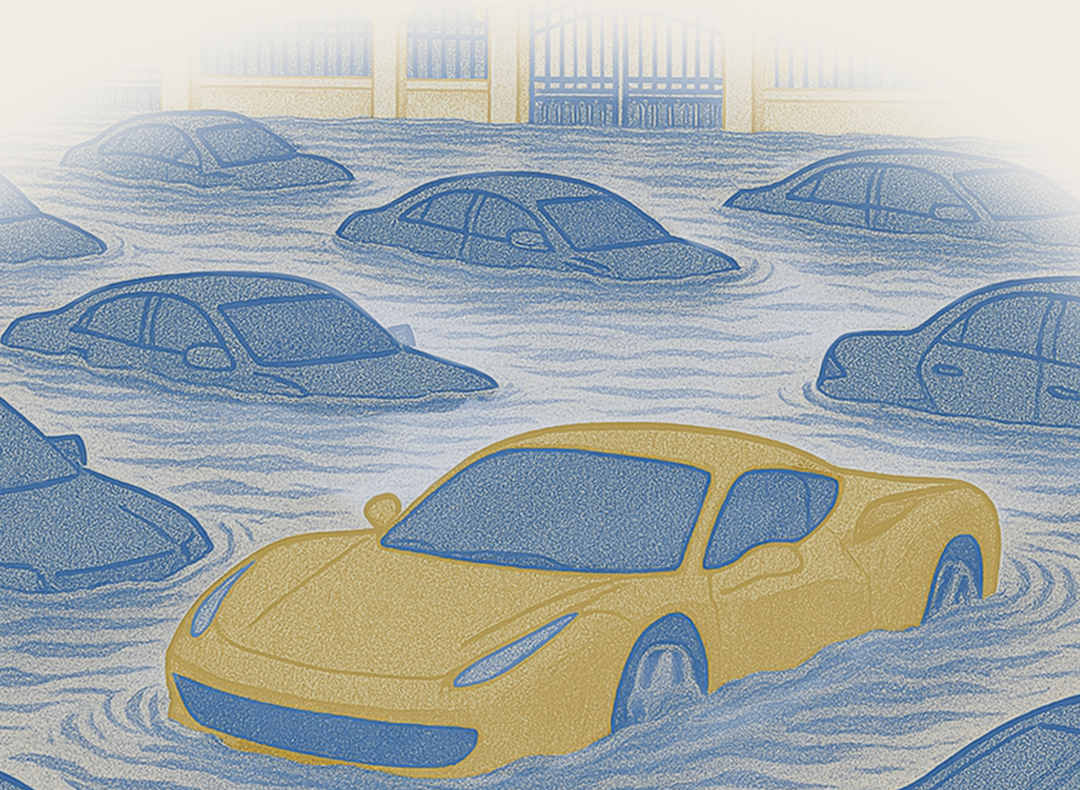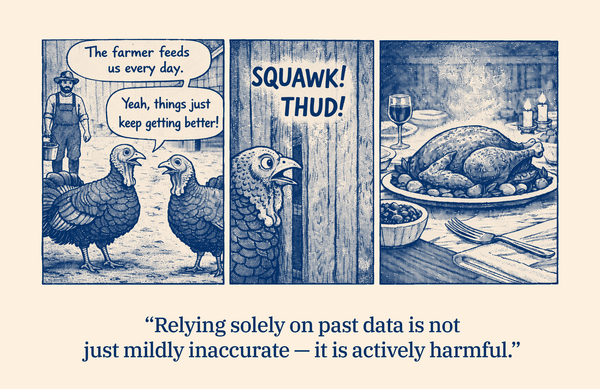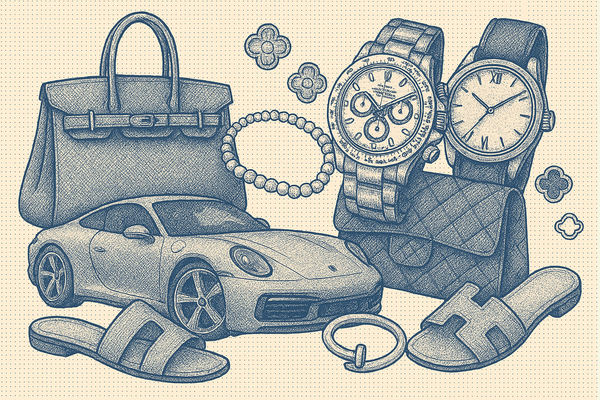How Politics Affects Your Wealth

On a recent trip to Hong Kong, I spent a lot of time using their subway, and it struck me how seamless the experience was. No matter what time of day I walked into a station, I could always board the next train. Even during rush hour, I never had to skip a ride due to overcongestion. As a result, no matter where I wanted to go, I could reach it reliably within 15 minutes.
This got me thinking about wealth.
In the Philippines, you could be rich enough to own a Land Cruiser and still waste hours of your life driving through EDSA.
In contrast, in Hong Kong, I got to grab lunch, visit a zoo, and visit a mall in three different areas, covering a total distance of around 15 kilometers, in less time than it would take locally to drive 10 kilometers to have dinner with friends in BGC.
The sidewalks were spacious, the stations were air-conditioned, and while riding, I was able to read e-books on my phone without fear of theft or assault.
A basic commuter in Hong Kong has far better transportation than even the richest car owner in Manila, which, interestingly, at least in terms of transport as an experience, makes the Hong Kong commuter wealthier than even a Filipino driving a Ferrari through EDSA.
A train commuter wealthier than someone riding a sports car?
That may sound surprising to some, since when discussing wealth, the topics typically revolve around generating income for oneself. Where should I work? How should I invest? How much should I save?
But while these topics are important, wealth is actually much more than just the money you make. It’s the totality of all the goods and services you have access to.
Consider a simple thought experiment.
Imagine you have a magic wand that provides you with an infinite supply of goods and services, but in exchange, you can never own money again. You can eat what you want, live where you want, and own anything.
Now imagine the opposite: having infinite money but being forced to live on a deserted island with no goods and services.
Which would you choose? Infinite goods and services, or endless money?
Most people would choose the goods over the cash.
Money is only a means, while goods and services are the ends.
Wealth is therefore measured by the goods and services you can access, not the amount of money you have in the bank.
This is why Adam Smith wrote in The Wealth of Nations: “It is not for its own sake that men desire money, but for the sake of what they can purchase with it.”
This means your wealth includes more than just what you own privately.
It also includes public resources. Public transport, parks, healthcare, and schools all form part of your wealth because these are goods and services available for your consumption.
In the Philippines, being wealthy means buying private goods that are superior to those provided by public systems. However, in some places, public systems are more than good enough.
While a Filipino has to pay tens of millions to live in a luxury subdivision that doesn’t flood, there are cities where flood management systems work for everyone.
While some here can afford top-tier private healthcare, in some other countries, good healthcare is available to all.
And while some people locally can afford to send their children to private schools, there are other places where public schools offer an excellent education by default.
In the Philippines, you literally need to be a US Dollar millionaire just to live what someone from Hong Kong, Singapore, or Japan would call a “basic life”.
And that “basic life” abroad is still better than a rich Filipino’s life because they get to experience all of that with less traffic and floods!
This brings us to the role of good governance.
When transport systems are efficient, healthcare is reliable, and schools are strong, the wealth of every citizen increases, fewer are forced into crime, and life is overall more convenient for everyone – including the rich.
Good governance directly affects your wealth because it determines the quality of these shared goods. Without them, the only alternative is to spend on expensive private solutions. And even then, no matter how rich you are, these private solutions will still have to interface with public resources eventually, much like a luxury car being forced to drive on flooded roads with potholes and heavy traffic.
True wealth, therefore, goes beyond your personal balance sheet.
Public goods and services are part of what you consume, which means they are part of your wealth. When they are widely available, even the rich benefit, because a society that provides people with decent access to healthcare, education, and housing is also one with a more educated workforce, lower crime rates, and greater stability.
This is why Adam Smith said: 'No society can surely be flourishing and happy, of which the far greater part of the members are poor and miserable.’
If you are serious about maximizing your wealth, you cannot think only about your portfolio. You must also consider how society is governed, because your private quality of life will always be affected by the public institutions surrounding you.
First published in the @manilabulletin.



